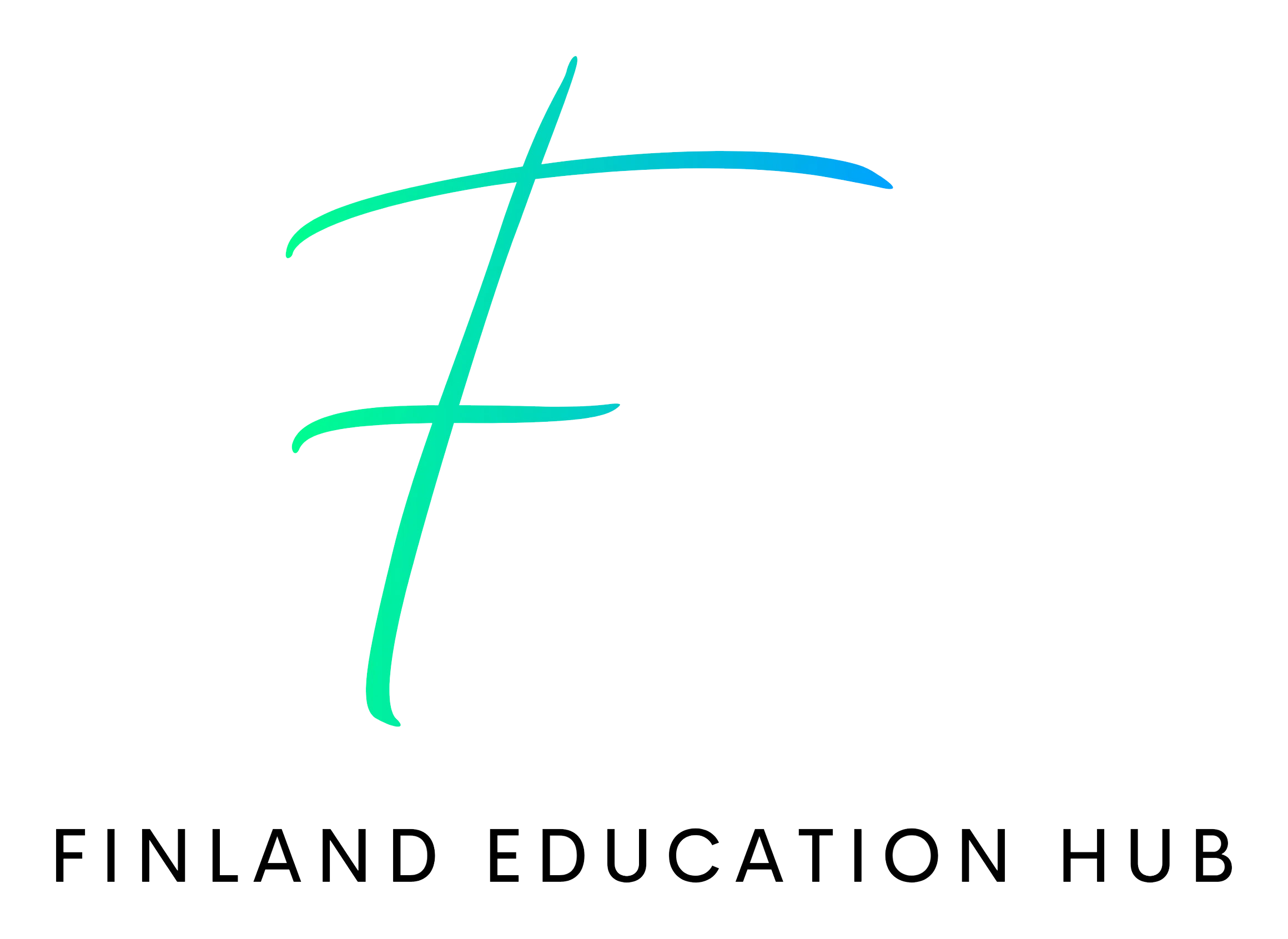Unlocking Finland’s Secret: A Revolutionary Approach to Homework and Testing
Did you know in recent years Finland has been hailed as a global leader in education? Well, yes Finland is consistently achieving top rankings in international assessments such as the Programme for International Student Assessment (PISA). One of the key aspects that sets Finland apart from other countries is its unique approach to homework and testing. Unlike traditional systems that emphasize heavy workloads and high-stakes examinations, Finland’s educational philosophy promotes a balanced and holistic learning experience. In this blog post, we will explore Finland’s innovative strategies regarding homework and testing, and discuss how these approaches contribute to the remarkable success of the Finland education system.
1. The Role of Homework in Finland:
Finland takes a remarkably different approach to homework compared to many other countries. In Finnish schools, the emphasis is not on the quantity but on the quality of homework. Instead of assigning excessive amounts of homework, Finnish educators focus on promoting meaningful and purposeful assignments that reinforce classroom learning. Homework is viewed as a tool for self-reflection, consolidation of knowledge, and promoting independent thinking. Additionally, the Finnish system recognizes the importance of free time for children to engage in recreational activities, develop social skills, and maintain a healthy work-life balance. Consequently, Finnish students have significantly less homework compared to their peers in other nations, allowing them ample time for rest, relaxation, and pursuing extracurricular interests.
Also read: What is Finnish education System?
2. Assessments in Finland:
Moving Beyond Standardized Testing: Unlike many countries that heavily rely on standardized testing as a measure of student performance, Finland adopts a more comprehensive and holistic approach to assessments. The Finnish education system prioritizes continuous evaluation and formative assessments over high-stakes exams. Teachers regularly assess students’ progress through a combination of observation, classroom discussions, project work, and practical assignments. This student-centered approach allows teachers to understand each student’s unique learning style and adapt instruction accordingly. By focusing on individual growth and providing constructive feedback, Finnish educators foster a supportive and nurturing learning environment, free from the stress and pressure associated with high-stakes testing.
3. The Benefits of Finland’s Approach:
Finland’s approach to homework and testing has several notable benefits. Firstly, by reducing the emphasis on homework, Finnish students experience less academic stress and have more time for relaxation and extracurricular activities. This balanced approach promotes overall well-being and fosters the development of well-rounded individuals. Secondly, the shift away from standardized testing allows for a more comprehensive evaluation of students’ abilities, including their critical thinking, problem-solving, and collaborative skills. This holistic assessment aligns with the needs of the 21st-century workforce, which values creativity, adaptability, and teamwork. Additionally, the focus on formative assessments provides students with regular feedback, allowing them to understand their strengths and areas for improvement, and promoting a growth mindset.
Conclusion:
Finland has revolutionized the conventional notions of education through its unique approach to homework and testing. By emphasizing purposeful homework and prioritizing holistic assessments, Finland has cultivated an educational system that nurtures well-rounded individuals, fosters critical thinking, and instills a genuine passion for learning. While every educational system faces its own challenges, Finland’s remarkable success serves as an inspiration for other nations to reassess their approaches to homework and testing. By adopting a more balanced and student-centered methodology, countries can establish educational environments that prioritize well-being, stimulate creativity, and effectively prepare students for the demands of the future. Finland’s educational paradigm shift stands as a testament to the transformative power of reimagining traditional education systems, emphasizing the vital importance of continually questioning and improving our approaches to teaching and learning. If you are interested in providing your child with a Finnish education curriculum, look no further than finlandeducationhub.com – your comprehensive resource for all your needs.

